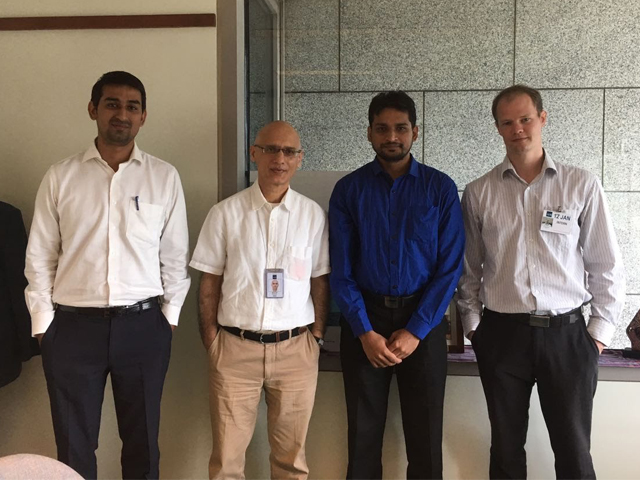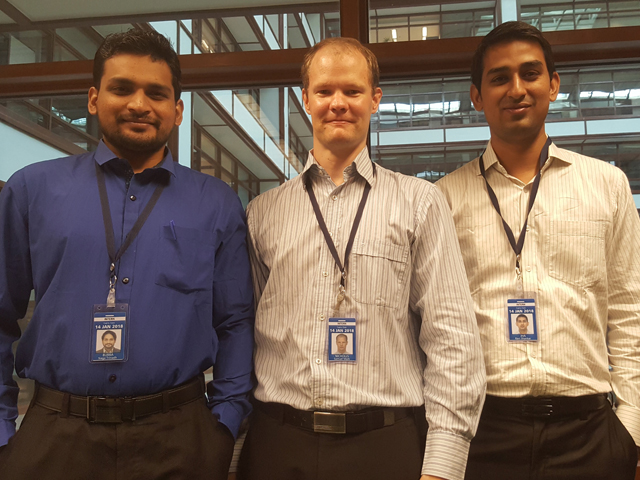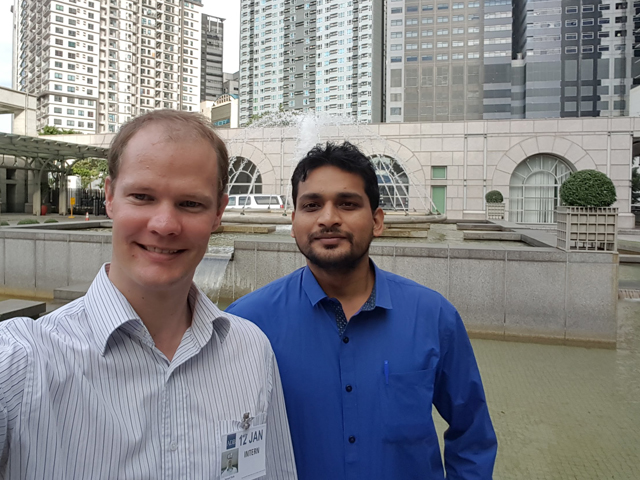Over the winter break of 2017/18, I was fortunate enough to do an internship with the Asian Development Bank (ADB). Two other interns and I worked in the Bank’s Governance Thematic Group as part of the LKYSPP-ADB internship program. I learned a lot from the internship, especially about how the ADB assesses the performance of developing member countries and about the history of thought on the question of what countries should do if they hope to achieve higher levels of economic development.

One of my tasks during the internship was to use the ADB’s country performance assessment data to test hypotheses about the role of institutions in economic development. The country performance assessment data is a unique dataset that has been compiled by the ADB over more than a decade. It contains ratings for each of the ADB’s developing member countries. Each developing member country receives a score from one to six for 16 variables that measure policy and institutional performance. The World Bank has a similar dataset.
Time was a constraint in five-week internship. As such, I did only a relatively simple analysis of the relationship that the country performance assessment data have with economic development. However, there are certainly opportunities to carry out a larger project with these data that could describe the relationship between intuitions and development more fully.
After I arrived at the ADB, I began to appreciate the Bank’s interest in institutions and their role in economic development. As such, I also prepared a report on how thinking about economic development has changed over time to shed light on the question of how institutions became so prominent in current thinking. This second report was the one from which I learned the most. By studying history, I gained a better appreciation of how capital stocks, free markets and institutions fit into current thought about economic development.

I also learned about some of the pressing questions in the study of institutions and economic development. The question of what role intuitions play in economic development is very difficult to answer. Partly this reflects that the term ‘institutions’ is very broad. Previous authors have noted that institutions are tautologically related to economic growth. Others have pointed out that there is a degree of two-way causality between economic development and institutions – that is, strong institutions support economic development, but economic development allows for strong intuitions to be built also. This makes it difficult to isolate the effect of institutional changes on development.

Overall, I learned a lot from my time at the Asian Development Bank. The knowledge that I acquired is very valuable and I got some good insights into the international development sector. I’m very grateful to everyone at ADB that supported me and made the internship possible, and to everyone at the school that did the same. The LKYSPP-ADB internship program is an excellent opportunity for LKYSPP students and I would recommend the internship to anyone with an interest in international development.